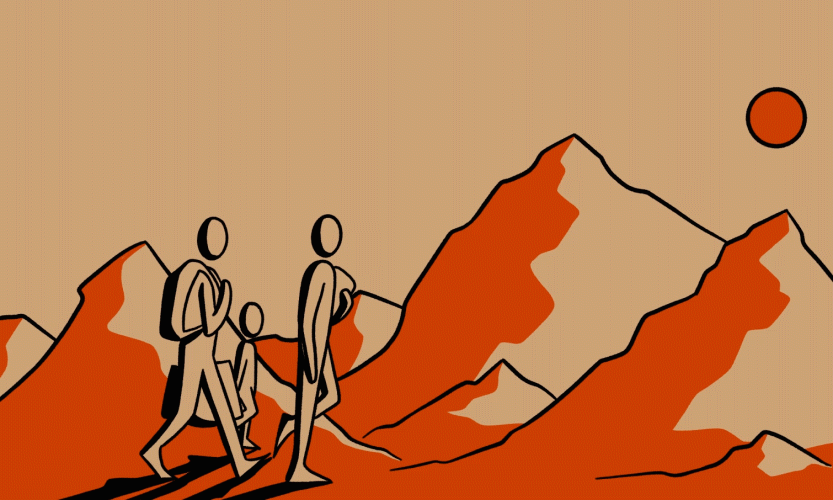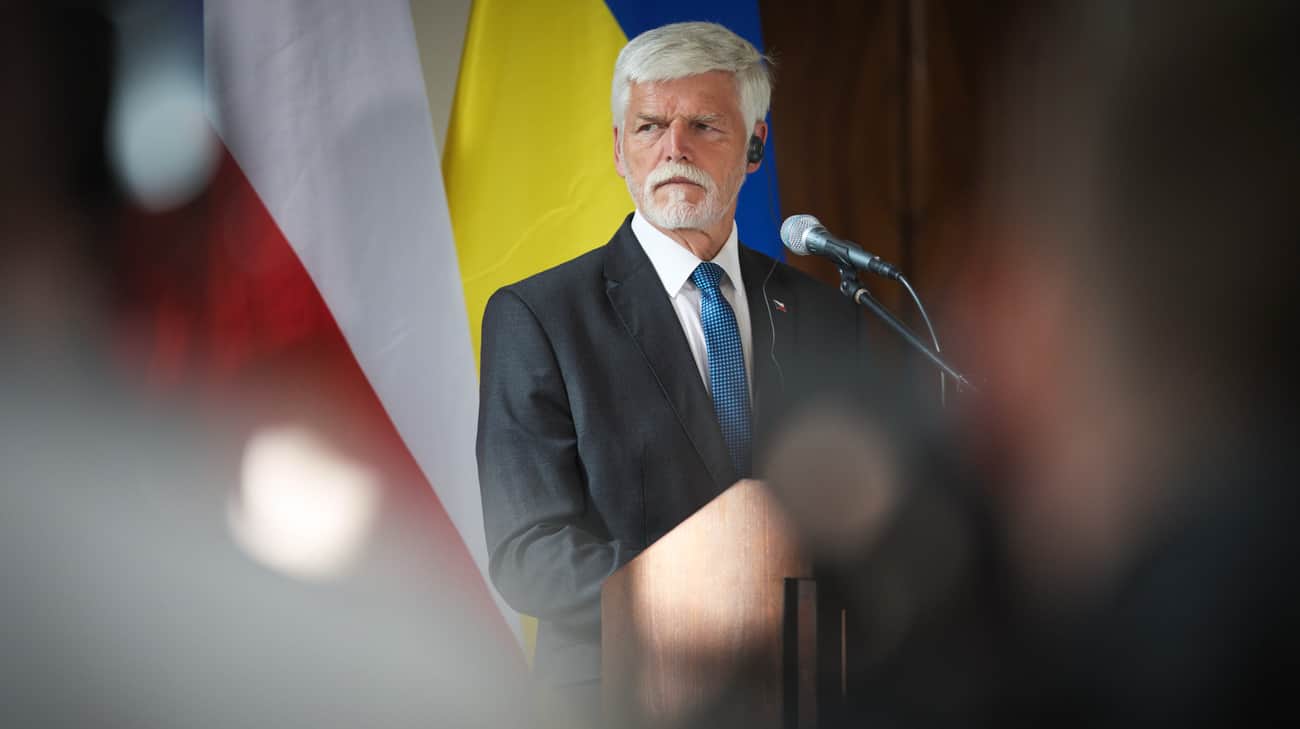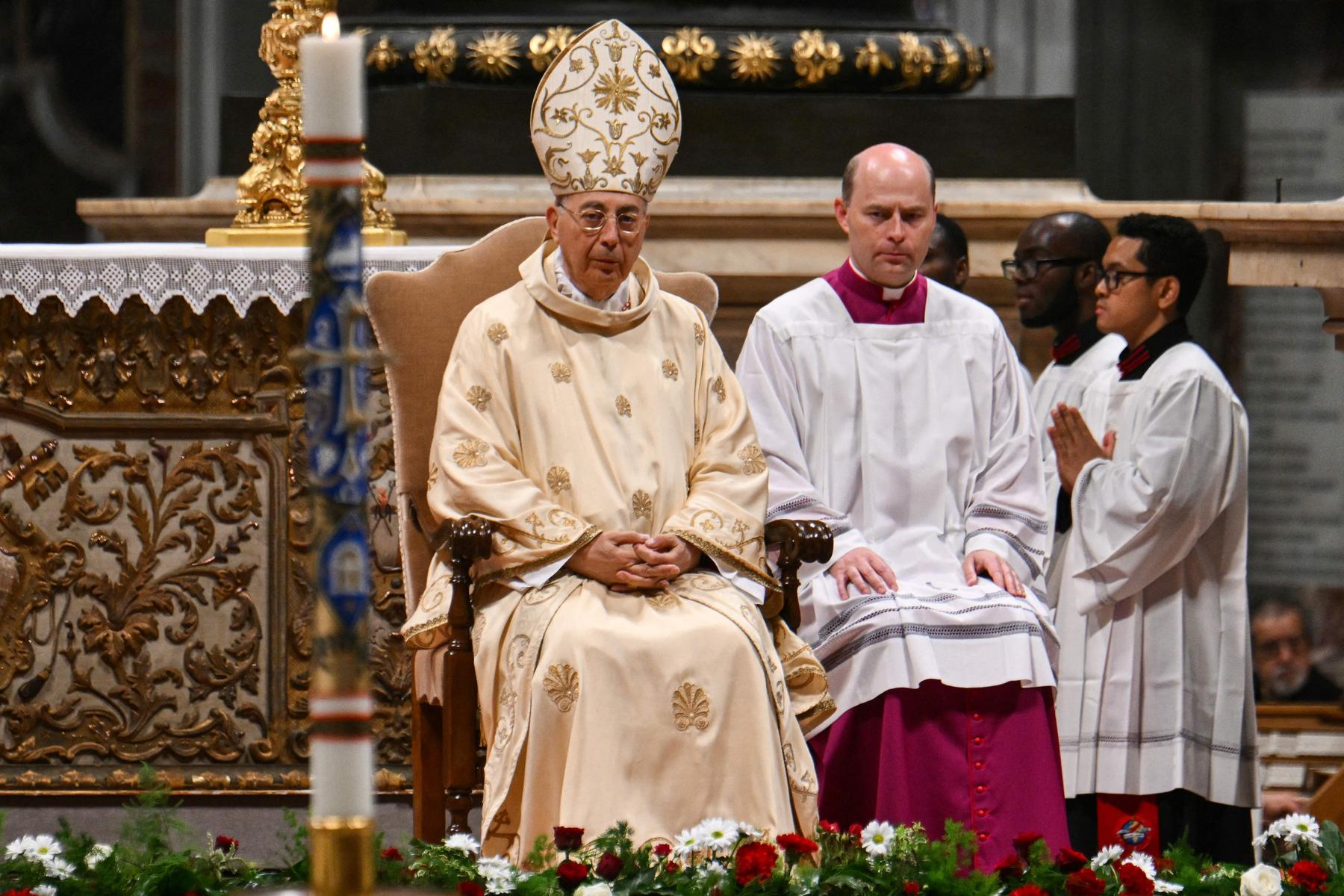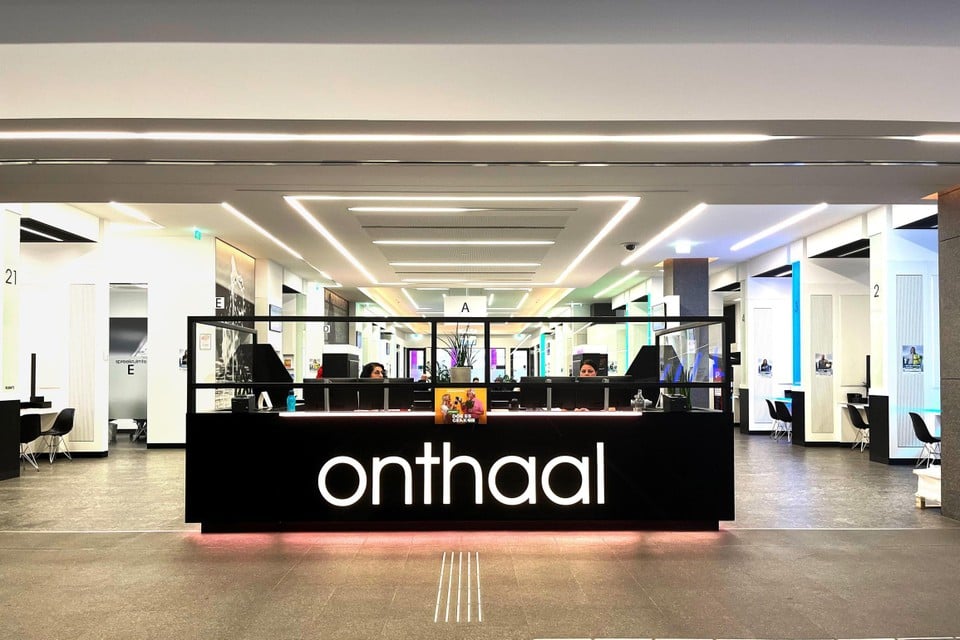Opinion | This is Philip Freriks’ 4 May 4: ‘An ordinary family’
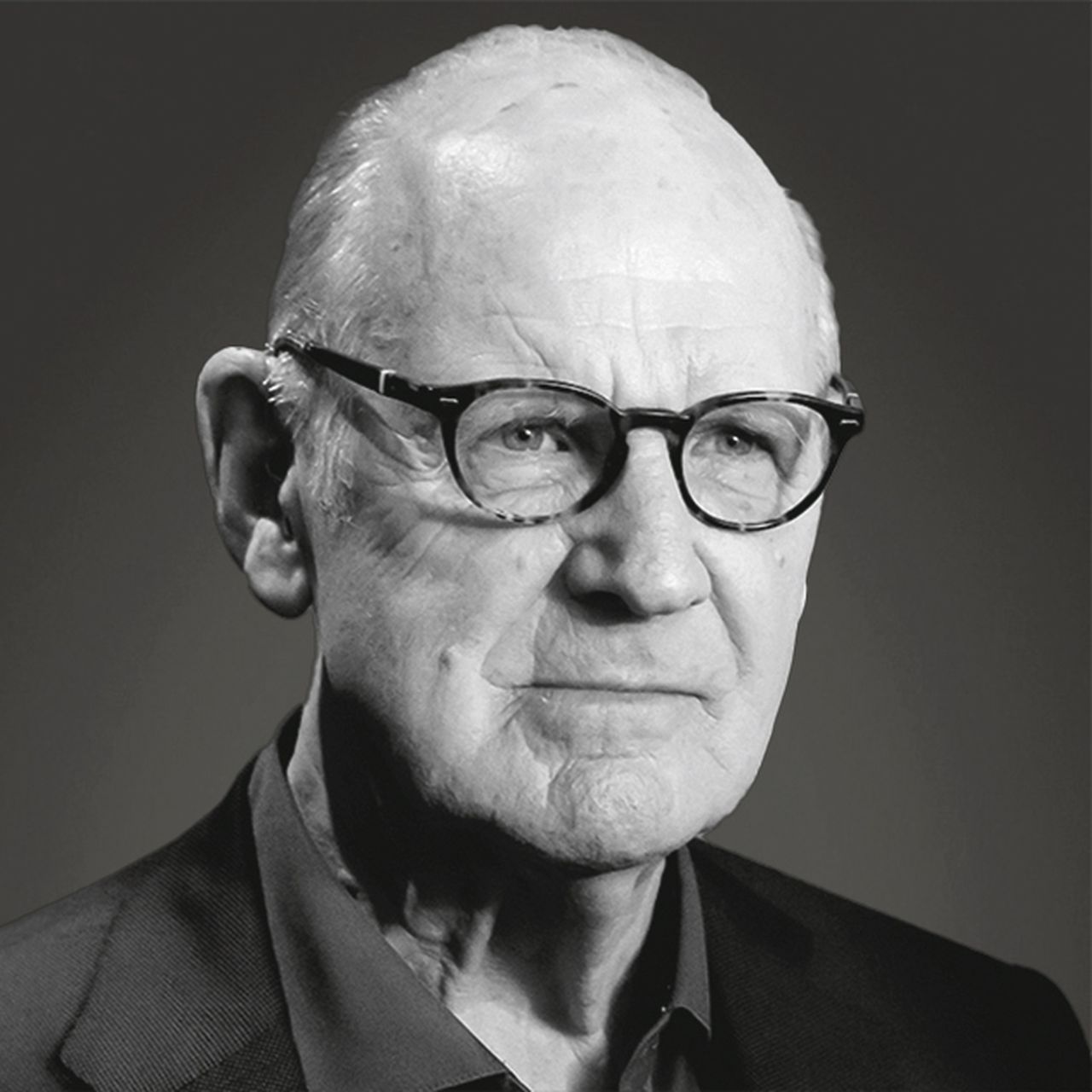
As a child, I could be deeply indignant if someone had the euvele courage on 4 May not to observe the two minutes of silence. A car that drove on, a cyclist who did not get off, someone who just got through: as if we were spotting with our sorrow. The two minutes were sacred for me. Still by the way.
But there was something else. A feeling of discomfort that I couldn’t bring home. Because the war was more – I had understood from my parents – than a fateful derailment of history. There was a toxic idea behind, knowingly imposed. An malignant Triumph des Willens.
That war had taken my parents a child and thus confronted in the most dramatic way with the consequences of a failing democracy. That was what they transferred to us.
I come from a normal family and was born in Utrecht on the eve of the Hunger Winter. Around the corner a church and a park, both named after Gerardus Majella, patron saint of tailors, porters and pregnant women.
In that respect my mother was good.
We were three boys now. And the cat Tommie. Nice family. Full of zest for life. Undamaged.
Still.
Among the bushes in the park was a flak, a piece of German defense shut who with aggressive barking terrorized the neighborhood in allied attacks on the nearby railway bridge over the Amsterdam-Rijnkanaal.
With such an attack, my mother with both brothers dived into a deepened hall cupboard, which I mainly remember from the bread bin that stood there. And weck bottles with vegetables. A cool space, suitable for anything and everything. Except as a shelter.
Shortly after my birth, the longest rail strike that the Netherlands has ever had started. My father remained at home from now on. A mysterious unknown pushed an envelope with his salary through the letterbox every month. No one who then doubted that the Dutch Railways fulfilled a hero role.
Plenty to eat
In the Hunger Winter, the situation became so far -reaching that in January 1945 my parents decided to send my brothers Jan, just under ten, and Joop, in April he would turn seven, to my grandparents in Groningen. There was still plenty to eat there.
There was one last transport to the north. With a truck from Van Gend & Loos. A long nightly journey, full of risk.
Jantje and Joke, as the little boys were mentioned, were having a good time in Groningen. They went to school there and laughed at the unpolished behavior of the farm boys from the region. « Master, I moth, » had called one when he had to go to ‘back’. That was something so unusual for them that Joop De Anekdote still likes to tell.
/s3/static.nrc.nl/wp-content/uploads/2025/05/02084814/web-0405OPI4meilezing_jan.jpg)
In mid -April, Canadian troops suddenly stood in Stadspark in Groningen. But it took four long days for the city to finally fell into their hands.
Then Jantje no longer lived.
In the confusion of which street was and which was not ‘liberated’, Jantje was continued ‘Friendly Fire‘Affected. A ‘lost bullet’ was called it for years. He said, « Grandma, I was struck, » and fell down. Death instantly.
There are still a few cardboard boxes with silent witnesses. The sandals of Jantje, kept by my mother as relics. His drawings with air fights around the tower of the Majella church. Messages from a brother I have never known. I find them heartbreaking.
It is a well -known Talmudic spell: « Whoever saves one person saves the whole world. » If that is true, the opposite is also killed as one person. Killedmy mother said that his death would not be meaningless.
In the service of society
It took a long time before my mother could handle the world again. A painful process, but in the end she overcome her immense sorrow. In the permanent conviction that war could be prevented with a society that would be human and therefore peaceful.
And so my parents put themselves in the service of society at their modest level. They were active in club life, my mother was a member of the Utrecht city council for decades. With a sharp eye for the dignity of ordinary people.
My parents thought that every citizen, no matter how simply, has his own political responsibility and his own should contribute to society. Taking the public interest into account. Accept that we are all a complicated machinery of opposing interests. Don’t let yourself be dragged in easy reasoning. Keep gut feelings at bay. Argwaning are borrowed from German in relation to not for nothing Gesundes Volksempfinden. « Politics, » as my brother expresses it.
Not that my father and mother were pacifists, but others with weapons they saw as an expression of abuse of power
From now on the war was part of our upbringing. Playing with war stress was taboo. I never received a nice tank or mini-fast fire gun as a gift. No gun either. Not even to play cowboy.
Not that my father and mother were pacifists, but others with weapons threaten them as an expression of abuse of power. From lawlessness, of totalitarianism. Maybe I didn’t understand that at the time, but felt it.
If only because of Jantje.
Peace of Dapperen
After the Second World War, democracy was embraced by right and left. In Letter and Spirit. An omnomously accepted method to prevent derailments as in the past.
/s3/static.nrc.nl/wp-content/uploads/2025/05/01124336/web-0405OPI4meilezing2.jpg)
/s3/static.nrc.nl/wp-content/uploads/2025/05/01124335/web-0405OPI4meilezing1.jpg)
The Peace of Daps was closed. The old enemies became new friends. With peace and prosperity as a waving perspective. They succeeded too. So much so that a little laugh was done about the lessons of the time.
It seems that in recent decades we have mainly been busy with it Peace dividend And have been unaccompaniedly removing profit warning. The ‘end of history’ was announced. Democracy with its liberal legal rules had triumphed.
Finished.
No more nagging about the brown ghosts from the past.
And well, isn’t democracy a toy from the elite? An interesting brain pretel, but not very efficient if you want to triumph quickly with results.
When we are quiet on May 4, I think especially of Jantje. To the grief of my father and mother. To Joop who felt so abandoned.
Like others undoubtedly have their own thoughts.
Don’t forget.
Remember to think. Good to think.
As my parents taught me.
People sometimes say: Knowledge of the past is as lessons for the future.
I sincerely hope so …
This text was pronounced on Sunday 4 May 2024 in the Nieuwe Kerk in Amsterdam on the occasion of the National Remembrance Day.

:format(webp)/s3/static.nrc.nl/wp-content/uploads/2025/05/01125733/data131131207-4ffa2d.jpg)
:format(webp)/s3/static.nrc.nl/images/gn4/stripped/data124080687-d0a853.jpg)
